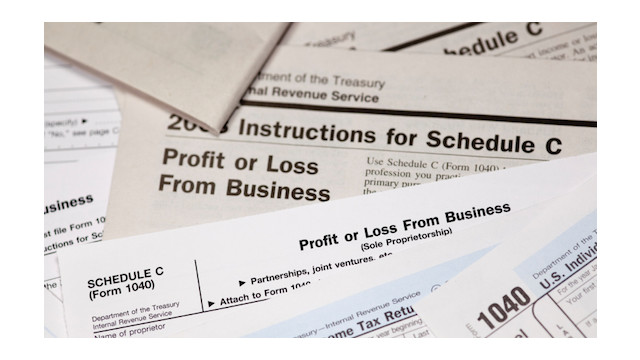The Internal Revenue Service has issued guidance (PDF) providing additional details about investment in qualified opportunity zones.
The proposed regulations allow the deferral of all or part of a gain that is invested into a Qualified Opportunity Fund (QO Fund) that would otherwise be includible in income. The gain is deferred until the investment is sold or exchanged or Dec. 31, 2026, whichever is earlier. If the investment is held for at least 10 years, investors may be able to permanently exclude gain from the sale or exchange of an investment in a QO Fund.
Qualified opportunity zone business property is tangible property used in a trade or business of the QO Fund if the property was purchased after Dec. 31, 2017. The guidance permits tangible property acquired after Dec. 31, 2017, under a market rate lease to qualify as “qualified opportunity zone business property” if during substantially all of the holding period of the property, substantially all of the use of the property was in a qualified opportunity zone.
A key part of the newly released guidance clarifies the “substantially all” requirements for the holding period and use of the tangible business property:
- For use of the property, at least 70 percent of the property must be used in a qualified opportunity zone.
- For the holding period of the property, tangible property must be qualified opportunity zone business property for at least 90 percent of the QO Fund’s or qualified opportunity zone business’s holding period.
- The partnership or corporation must be a qualified opportunity zone business for at least 90 percent of the QO Fund’s holding period.
The guidance notes there are situations where deferred gains may become taxable if an investor transfers their interest in a QO Fund. For example, if the transfer is done by gift the deferred gain may become taxable. However, inheritance by a surviving spouse is not a taxable transfer, nor is a transfer, upon death, of an ownership interest in a QO Fund to an estate or a revocable trust that becomes irrevocable upon death.
The guidance (PDF) is posted on IRS.gov. These regulations relate to the Tax Cuts and Jobs Act (TCJA), the tax reform legislation enacted in December 2017.
Thanks for reading CPA Practice Advisor!
Subscribe Already registered? Log In
Need more information? Read the FAQs




